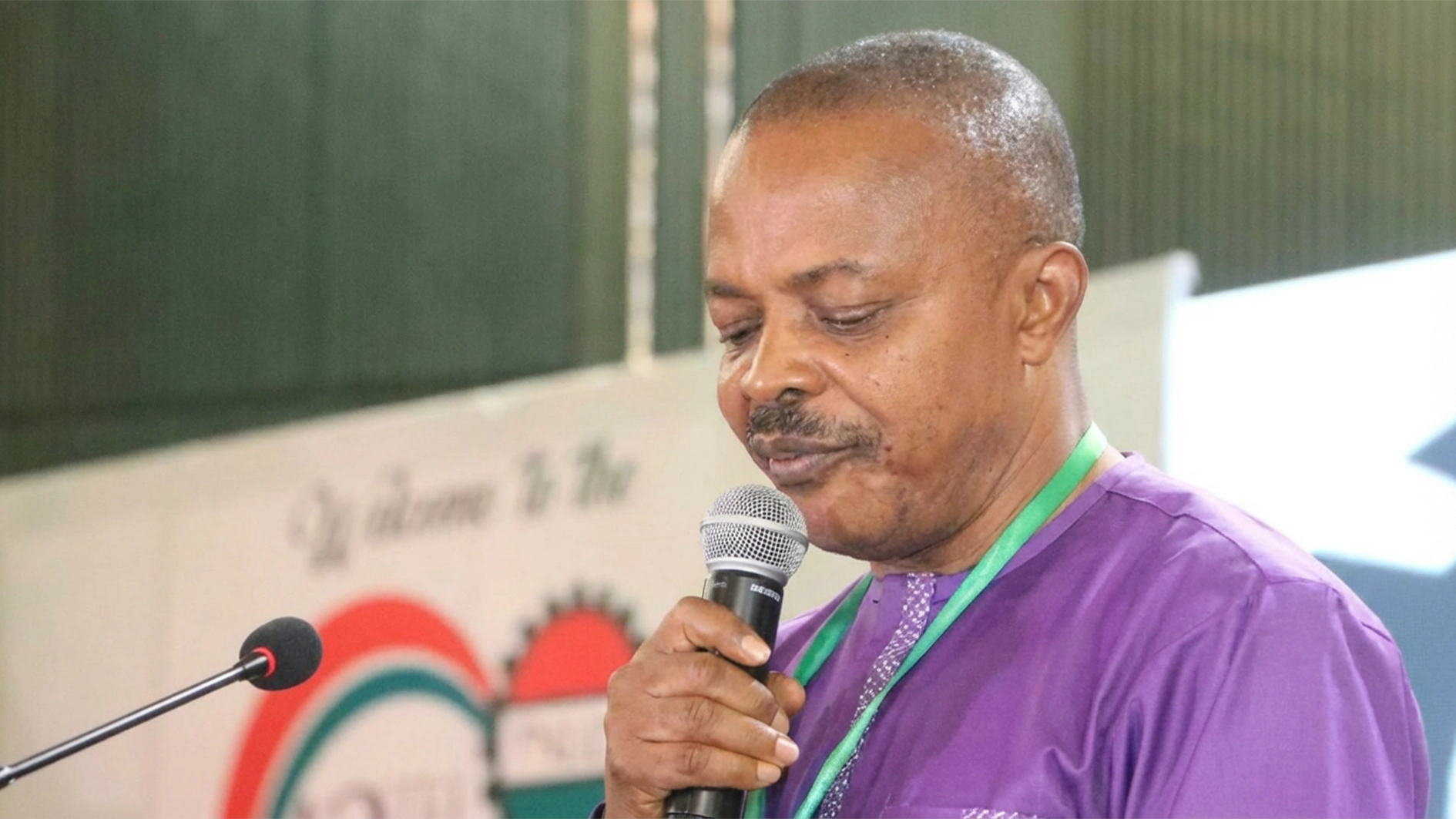In response to mass displacement caused by a series of violent attacks by armed groups across Benue and Plateau states, the European Union (EU) has released an additional €250,000 (over N450 million) in humanitarian assistance to people in need in the states.
The EU said that the funding will enable the Nigerian Red Cross to deliver immediate, life-saving humanitarian assistance to 2,500 vulnerable households (around 15,000 people) who have been displaced for over four months. Support will include emergency cash assistance, essential household items, healthcare, psychosocial support, as well as access to water and sanitation.
The EU noted that beyond immediate relief, the initiative will strengthen protection services and conduct awareness campaigns on health, hygiene, and safety.
“This comprehensive approach aims to not only alleviate suffering but also to safeguard the dignity of vulnerable people—especially women, children, and those repeatedly displaced—who are now living in precarious, overcrowded, and underserved conditions.
“The humanitarian situation is dire. As of July 2025, over 615,000 people are displaced in Benue State and an additional 65,000 in Plateau State. Many are subsistence farmers cut off from their land during the crucial planting season,” the EU said in a statement.
The majority of affected people are reportedly resident in overcrowded internally displaced people (IDP) camps or informal shelters, facing severe shortages of food, clean water, healthcare, and protection.
The funding is part of the EU’s overall contribution to the Disaster Response Emergency Fund (DREF) of the International Federation of Red Cross and Red Crescent Societies (IFRC).
It may be recalled that in July of this year, the EU provided the International Organisation for Migration (IOM) with €500,000 (approximately NGN 886,315,000) to meet the most urgent needs of displaced populations in Benue State for six months.
It, however, noted that recurring and targeted violence in Benue and Plateau states continues to fuel a protracted protection crisis, leading to widespread destruction and a deepening humanitarian emergency.
“With new security threats emerging weekly, the need for sustained humanitarian action remains paramount,” the EU added.






